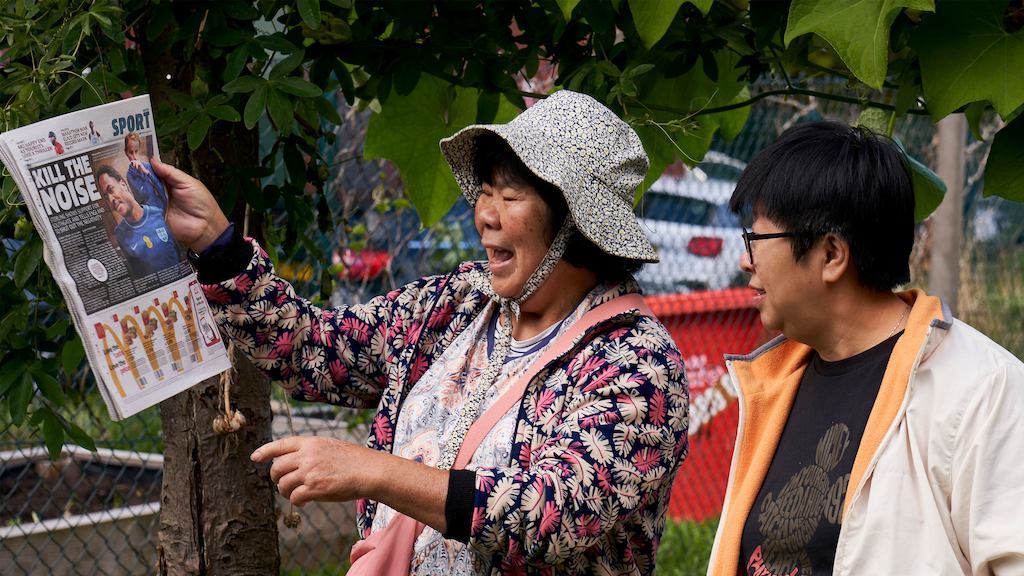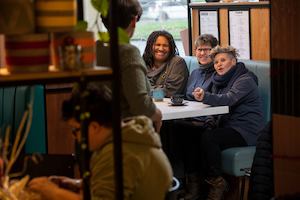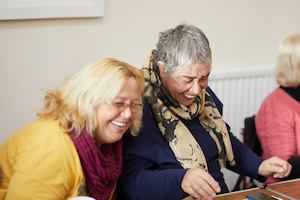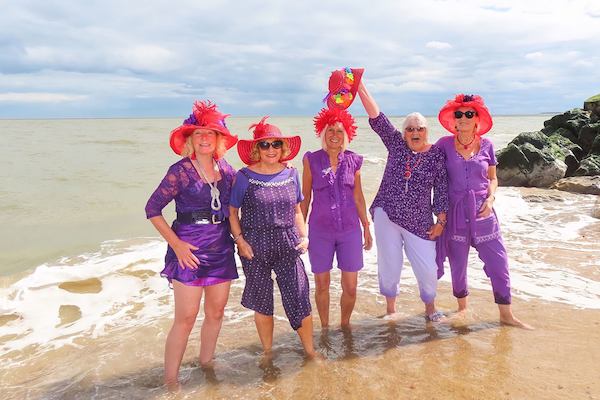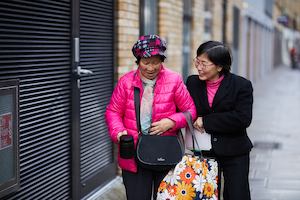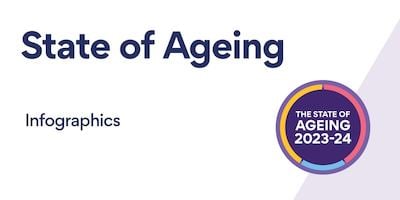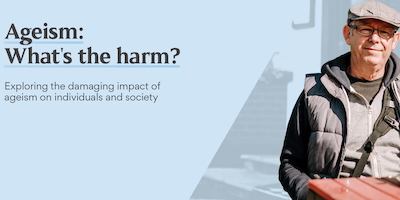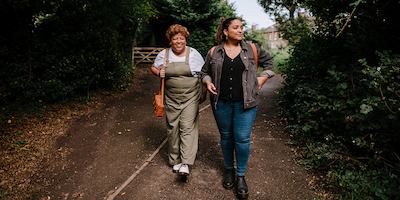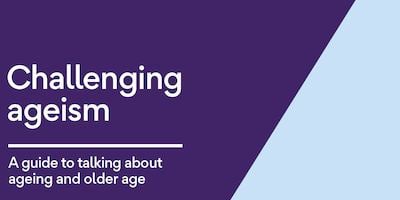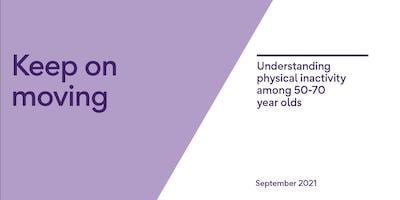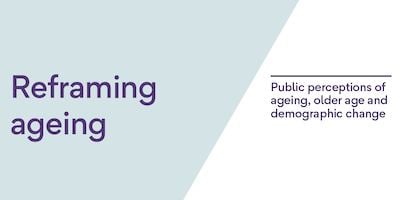Participating in our communities contributes to feelings of belonging which is important for wellbeing and health. And consistent with the higher levels of volunteering we see among older people, we’re also aware that they have a greater sense of ‘belonging’ to their neighbourhoods than younger people.
It’s clear that older people play a vital role in their communities with benefits for themselves, their families and their neighbours. But despite this, there are barriers to participation: for some groups of people these are long-standing and entrenched, while some barriers are emerging because of recent changes in society.
National data shows that volunteering among older people is not evenly spread. More than a quarter of people aged 50 and over living in the least deprived communities formally volunteer at least once a month. This is compared to one in ten in the most deprived communities.
There are likely many reasons for this disparity. Some relate to inequalities between places, including the strength of the voluntary and community sector, but others relate to barriers faced specifically by older people in poorer areas.
These include far greater rates of poor health for themselves and much greater caregiving responsibilities because of poor health in others. People living in the most deprived neighbourhoods are at least twice as likely to provide 35 or more hours of unpaid care per week compared to those in the least deprived neighbourhoods. Carers and people in poorer health require more age-friendly and inclusive volunteering approaches to get involved.
Also, participation in volunteering has been impacted by recent events, notably the pandemic which led, unsurprisingly, to a huge drop in formal volunteering. But the data show that this type of volunteering has still not recovered to pre-pandemic levels, with community organisations linking this trend to the cost-of-living crisis:
